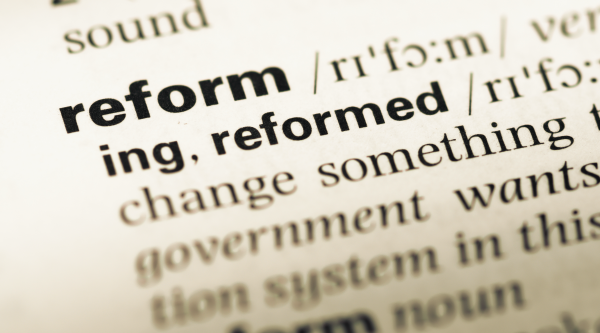A consumer group has warned against a proposal that would see a treatment for a common heart condition removed from a reformed Prostheses List.
The Prostheses List (PL) is the program under which the government mandates what medical devices private health insurers are required to fund.
It has been the focus of significant debate in recent years with private health insurers calling for significant reform.
Medical device companies have publicly accepted the need for reform, in addition to the price reductions they negotiated in 2017, but oppose measures such as the adoption of the episodic diagnosis-related group-based prosthesis funding model.
The 2021-22 Budget included $23.1 million over four years from 2021-22 to "modernise and improve the administration of the Prostheses List."
Department of Health officials recently told a Senate Estimates hearing that they had hosted around 30 formal meetings on reform of the PL since the Budget announcement in May. They said these meetings have involved a range of stakeholders, including private health insurers, medical device companies and private hospitals.
The department recently released a first consultation paper on reform. They said this will be followed by several additional consultation papers starting that will detail a pricing methodology. comparisons of medical device prices in the private and public hospital setting, restructuring of the PL and the future definition of a medical device.
hearts4heart is a national charity that provides support, education and advocacy for Australians living with heart disease.
CEO Tanya Hall said the proposal from Private Healthcare Australia would see cardiac ablation devices from the PL.
Cardiac ablation is a minimally invasive procedure that involves placing a catheter into a vein in the leg and pushing it up to the heart. It is used for the treatment of atrial fibrillation (AF), which is an irregular heartbeat with symptoms ranging from palpitations, chest discomfort, dizziness and breathlessness, and has only been included on the PL since 2019.
“I am shocked and disappointed that Private Healthcare Australia is lobbying government to remove cardiac ablation devices from the Prostheses List,” said Ms Hall.
“Catheter ablation is an essential treatment that can correct atrial fibrillation (AF), reduce associated mortality and improve a patient’s quality of life. If left untreated, AF may lead to serious health complications, such as stroke and heart failure.
“The fact that the insurers have made this suggestion during Atrial Fibrillation Awareness Week proves that they are more focused on their bottom line than the health of their members."
In its submission, Private Healthcare Australia said, "Catheters and ablation devices should not be on the Prostheses List. There is no evidence that listing these items in Part C has improved access, but strong evidence that consumers are paying more for these items. Placing these items on the Prostheses List was solving a problem that did not exist. Listing these items has removed competition and has increased inflationary pressures."
“Half a million Australians suffer from AF and they all deserve access to the best possible treatments. Prior to catheter ablations being added to the Prostheses List patients had inconsistent access to this life-saving therapy.
”As a result, patients were pushed to the public system and often experiencing long waiting lists (up to two years) with some missing out altogether.
“Even though catheter ablations have been proven both clinically and economically effective, until they were on the Prostheses List health funds refused to pay for them.
“It took years of advocacy from doctors and patients for catheter ablations to be listed on the Prostheses List. It is essential that they remain on the Prostheses List so that patients can access this technology and know that their insurer will pay the cost.
“Quite frankly, we shouldn’t be fighting with insurers over access to essential medical technology. The objective of private health insurance is to protect the consumer against unexpected costs of treatment, not to cut costs in order to boost their bottom line,” added Ms Hall.
